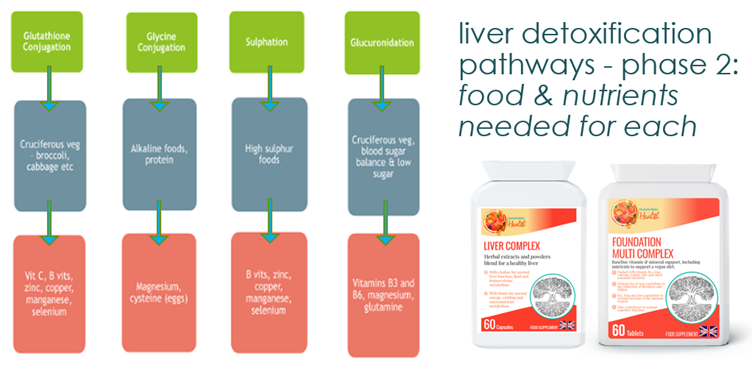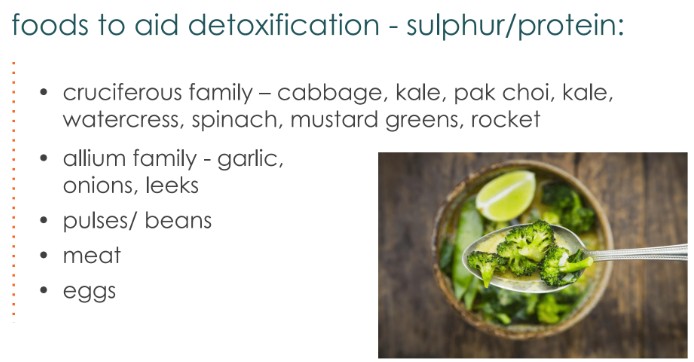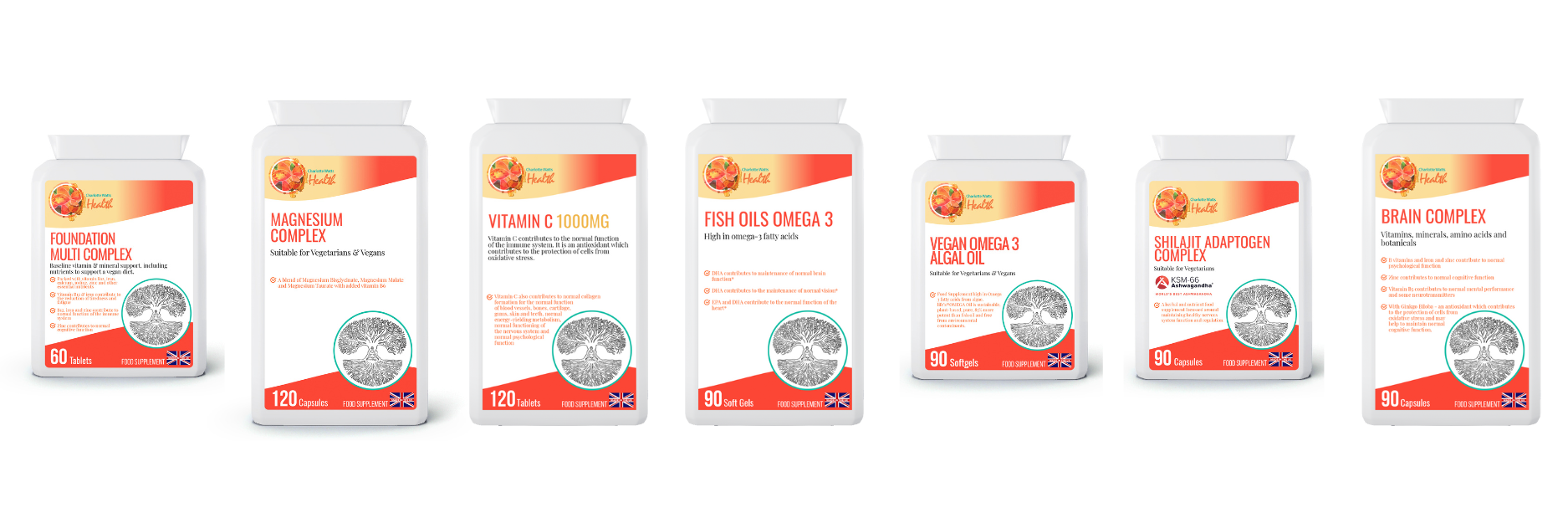Your Liver Supports Your Entire Health
Sep 10, 2025The Vital Role of the Liver in Whole Health
After 50 Whole Health webinars and so much information gathered, it feels timely to bring together some key insights. This week, we turn to the liver. It may seem like a leap from the feet to the liver, but in reality, everything is interconnected.
The liver sits tucked under the right side of the rib cage, nestled against the diaphragm, with the stomach on the other side. How we stand, breathe, and allow our diaphragm to move creates circulation, pulsation, and lymphatic flow - all of which are crucial for liver function.
The Liver: A Multifunctional Organ
The liver is believed to have around 600 functions that we know of, influencing virtually every aspect of whole health. Movements that open the rib cage and fascia, and encourage diaphragmatic breathing, directly support its optimal function.
One of the liver’s major roles is in digestion. It manufactures bile, which is released into the duodenum (the first part of the small intestine) during digestion. Bile not only breaks down fats but also helps to eliminate used cholesterol and steroid hormones such as estrogen and progesterone. These substances bind to fibre in the stool and are then eliminated from the body.
This process also connects to the microbiome, which plays a key role in supporting healthy elimination and regulation.
Blood Sugar, Metabolism & Detoxification
The liver regulates blood sugar levels and supports metabolism, processing all nutrients, alcohol, drugs, and other substances that enter the bloodstream. Everything continually passes through the liver to be created, converted, broken down, or stored.
While detoxification is often the function most associated with the liver, it is just one of its many roles. Detoxification occurs at both the cellular level and in the liver itself. This includes neutralising environmental pollutants, chemicals from food, alcohol, medications, cigarette smoke, and bacterial waste products from the intestines.
Phase One & Phase Two Detoxification

Detoxification in the liver happens in two phases:
-
Phase One transforms substances into intermediate forms, which can sometimes be more toxic than the originals.
-
Phase Two then processes these intermediates for safe elimination.
If Phase Two is sluggish, these intermediate toxins can recirculate in the bloodstream, a process sometimes called pathological detoxification. This can lead to symptoms such as sensitivities to smells, perfumes, or alcohol. Stress and excess alcohol both slow down Phase Two, leaving the body less efficient at clearing toxins.
Supporting Phase Two detoxification is therefore crucial for overall health, energy, and hormone balance.
Nutritional Support for Detoxification

Different pathways in Phase Two detoxification rely on specific nutrients and foods:
-
Sulphur-rich foods support sulfation (a key detox pathway). These include cruciferous vegetables like cabbage, broccoli, kale, pak choi, watercress, spinach, mustard greens, and rocket. These foods contain sulforaphanes - potent compounds for liver detoxification and hormone balance.
-
Glucuronidation is supported by stable blood sugar and a low-sugar diet.
-
Protein foods (especially those containing sulphur amino acids such as methionine and cysteine) are essential. Meat and eggs are rich sources, while vegan diets can be low in these amino acids. For vegans, higher intake of cruciferous vegetables, beans, pulses, and sometimes supplementation with specific amino acids (such as methionine) may be important.
Alongside this, nutrients such as B vitamins, zinc, manganese, magnesium, selenium, and copper are vital for energy production in the Krebs cycle and support liver detoxification. A good multivitamin can provide a strong foundation.
Inflammation & Whole-Body Impact
All of these processes tie into inflammation, which underlies most chronic and degenerative conditions. Modern life - with its combination of stress, environmental pollutants, and high-sugar diets - increases inflammatory load, placing further burden on the liver.
By supporting liver function through movement, stress reduction, and the right nutritional foundations, we help the body maintain balance, resilience, and long-term vitality.
This blog is taken from Chapter 4 of my Nine Foundations of Whole Health Natural Health Webinar, which is available to Whole Health Members.
Discover Whole Health with Charlotte here featuring access to yoga classes, meditations, natural health webinars, a recipe database, supplement discounts and more... you can use the code WH100 to try a month for free, then choose from several pricing options to suit you and cancel anytime you need.
These are the supplements featured in the whole webinar from the Charlotte Watts Health range at the shop site. Click on each nutrient to see it there. Whole Health members receive a 20% discount on all products within the shop. See details on joining Whole Health and everything that includes here.





